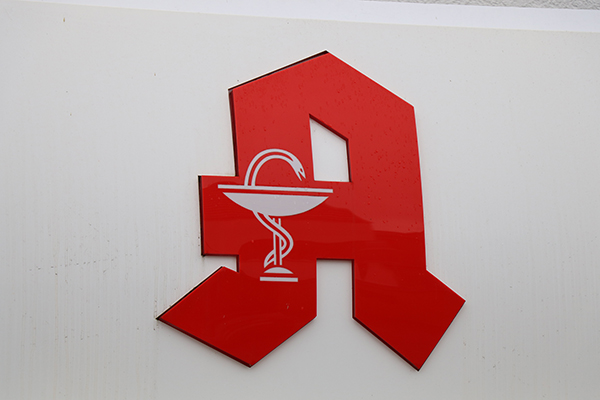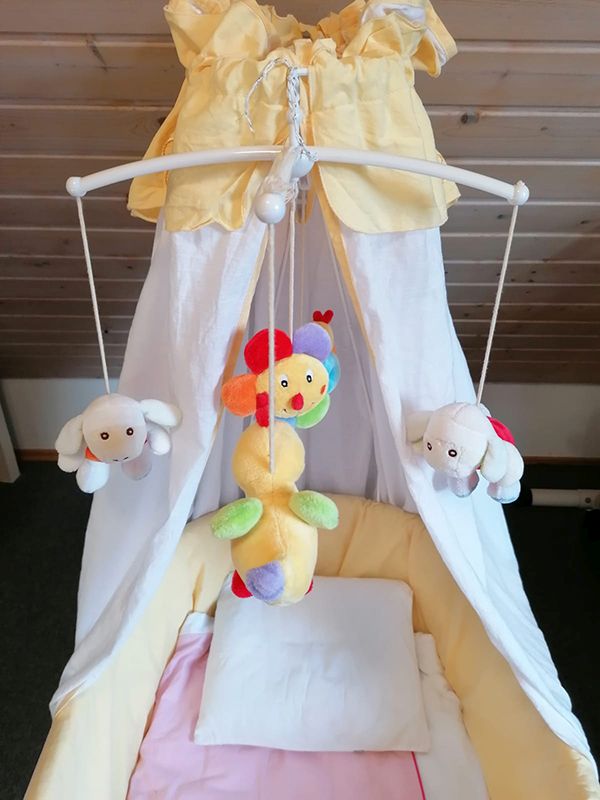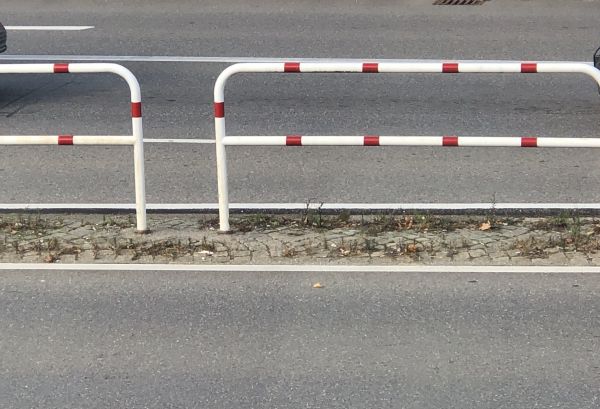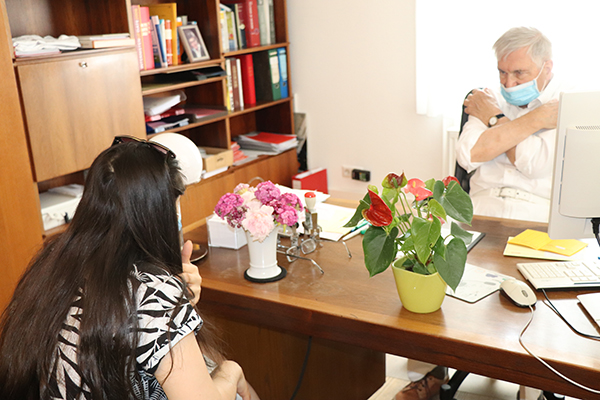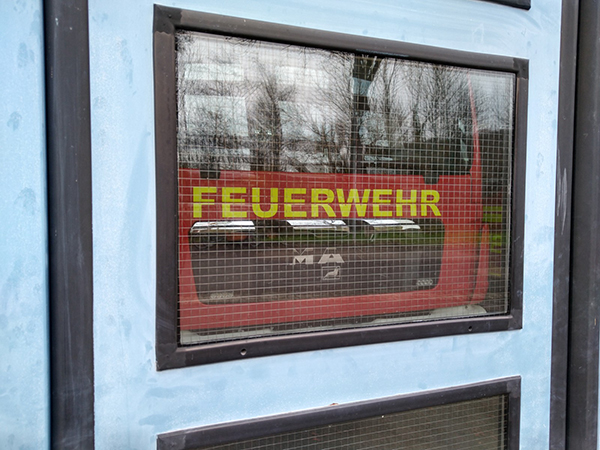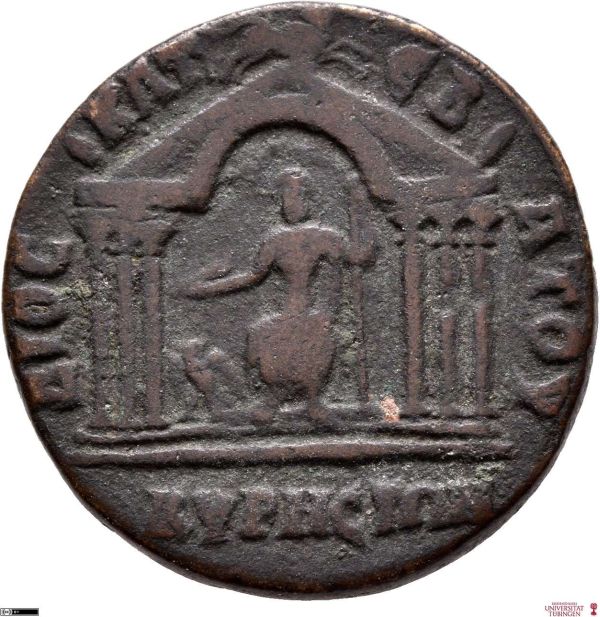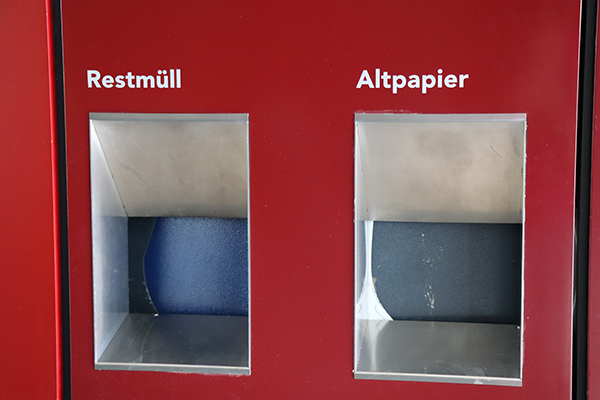Most pharmacies are open between the hours of 8 a.m. and 6:30 p.m. Some are open a little longer, others close earlier. However, anyone who urgently needs medication outside these hours can contact the pharmacy emergency service around the clock. However, between 8 p.m. and 6 a.m. and all day on Sundays and public holidays, an emergency service fee of 2.50 euros is usually charged. This is only waived if the doctor marks the prescription with “noctu”. Then the health insurance takes over the costs. The pharmacy portal Aponet informs about it. The next pharmacy ready for service can be… Read More
Category: 982 – UK .EN
Maternity protection in Germany
Since 2018, Germany has had a modernised Maternity Protection Act, which aims to guarantee pregnant and breastfeeding women the best possible health protection. Activities at work such as night shifts or piecework that can harm the mother or the child are prohibited. Employers are not allowed to employ women six weeks before and eight weeks after the birth. In the case of premature births, twins and disabled children, the period of protection after birth is twelve weeks. Maternity benefits are paid during these periods. For more info: https://www.bundesregierung.de/breg-de/suche/faq-arbeit-und-familie-1779598 If the woman is not allowed to work at all during pregnancy… Read More
“Citizen’s money” applies from the beginning of the year
On 1 January 2023, the citizen’s money will replace the previous unemployment benefit II (Hartz IV). This was decided by the Bundestag and the Bundesrat. This means, for example, that a single adult will receive 502 euros a month from January—53 euros more than before. Children and young people will also receive more. No new application is necessary. Those who have been receiving money from the Job Centre up to now will automatically receive the higher standard rate. The aim is to enable those affected to concentrate on finding a job or to continue their education. In the first twelve… Read More
Children in the car: Never without a child seat
Children riding in a car always need a child seat. This is stated in the road traffic regulations. The regulation applies to all children who are either younger than 12 years or smaller than 1.50 meters. The driver is responsible for this in any case—if he takes children along without securing them appropriately, he faces a fine of 60 euros and a point in the traffic offender file in Flensburg. There are a large number of different child seats, which are also tested again and again for their safety. The most important thing, however, is that the child seat is… Read More
Cancellation fees for uncancelled doctor’s appointments
The health system in Germany suffers from a severe shortage of staff. Therefore, it can take a long time to get an appointment. But what if patients can’t come to that appointment? Do they then have to pay a cancellation fee? The consumer advice centre recommends that patients cancel their appointment as early as possible: “Give medical practices the opportunity to reschedule appointments and give other patients the chance to get a doctor’s appointment faster. You can also use this opportunity to make a new appointment at the same time.” For fixed appointments, such as with a specialist practice, psychotherapy… Read More
The most important numbers for emergencies
In Germany, there are various emergency numbers that always work everywhere—regardless of which city or town you happen to be in. A very detailed overview can be found on the website of the Baden-Württemberg Ministry of the Interior. https://im.baden-wuerttemberg.de/de/sicherheit/wichtige-rufnummern-fuer-den-notfall/ 112: With this number—without prefix—you can reach the rescue service and the fire department in case of medical emergencies, accidents or fires. 112 is also the emergency number in other European countries. 110: In an emergency, you can reach the police under this number. It is valid regardless of whether you call from a cell phone or a landline. However, it… Read More
A “postcard” from ancient Cyrrhus
By Leila Nouioua A coin from the Tübingen coin collection comes from Cyrrhus, an ancient city whose ruins lie in what is now north-west Syria on the Afrin River. Like most of the coins from the eastern provinces of the Roman Empire, this one was made of bronze rather than precious metal. The coin has a diameter of 2.7 cm and weighs 14.72 g. The obverse shows the portrait of the Roman emperor Philippus Arabs (around 204 to 249 AD). He wears armour and over it a cloak gathered at the shoulder. On his head he wears a laurel wreath… Read More
Waste app and online calendar replace printed waste calendar
This year, residents of the Tübingen district will not receive a printed waste calendar for the coming year. This was announced by the district administration in a press release. The dates of the local waste collections can now be found online at: www.abfall-kreis-tuebingen.de/online-abfuhrtermine If you click on “Reminder email” on this page, you can receive a free email reminder of each collection date. This service is also offered by the waste management company’s “waste app”, which can be downloaded from www.abfall-kreis-tuebingen.de under the heading Services. This is an uncomplicated way to be reminded of the collection dates. For those who… Read More
Borrowing E-books in Ukrainian: Offers from the city libraries for refugees
The city libraries in the region have special free offers for refugees from Ukraine. To be able to use the offers, you need a library card. This can be done by visiting the library’s website. Moreover, you can use the Internet connection for free in all libraries. The Reutlingen Public City Library offers the option of borrowing Ukrainian e-books for three weeks via the website: bw.overdrive.com, so you can read them on your smartphone, tablet, or e-book reader. Information about the offers is also available in Ukrainian. The library card is free for six months for refugees, but an ID… Read More
Duty of winter road clearance
In Germany, private citizens are generally required to clear snow in winter and grit when it is slippery. Most cities and municipalities regulate where and to what extent in their own bylaws. If you live in Tübingen, you are responsible for all public traffic areas that run alongside your house. Anyone who lives in a house, regardless of whether they are a tenant or a house owner, must clear snow and spread ice. The obligation to clear and spread snow applies primarily to pavements, footpaths and stairways. However, it also applies to other public traffic areas, such as the waiting… Read More

